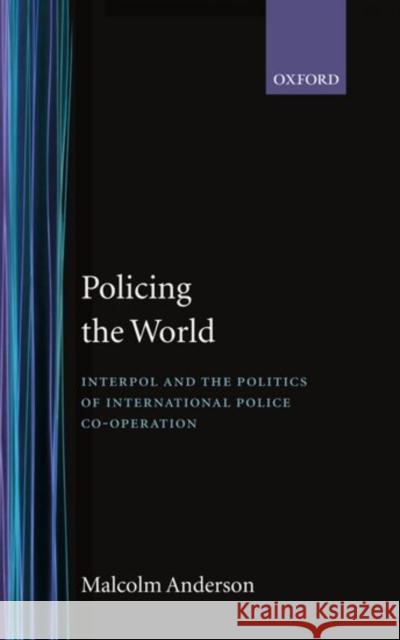Policing the World: Interpol and the Politics of International Police Co-Operation » książka
Policing the World: Interpol and the Politics of International Police Co-Operation
ISBN-13: 9780198275978 / Angielski / Twarda / 1989 / 224 str.
Interpol, the oldest and best-known institution fostering cooperation among the police forces of the world, tackles drug trafficking, terrorism, and other modern day criminal activities. Recently, however, speculation has arisen: is it the most effective organization for today's global conditions, or should it be supplanted by new arrangements? In this first scholarly study of Interpol, and of other contemporary forms of police cooperation across national boundaries, Anderson discusses the proliferation of different forms of cooperation, such as the exchange of intelligence about crimes and criminals and joint surveillance of suspects and the investigation of crimes. Recognizing that contact between police forces of sovereign independent states has always been sensitive, he analyzes uncertainty as to the extent of police cooperation, and examines the shadowy role of security forces and the influence of different forms of training on police attitudes.











